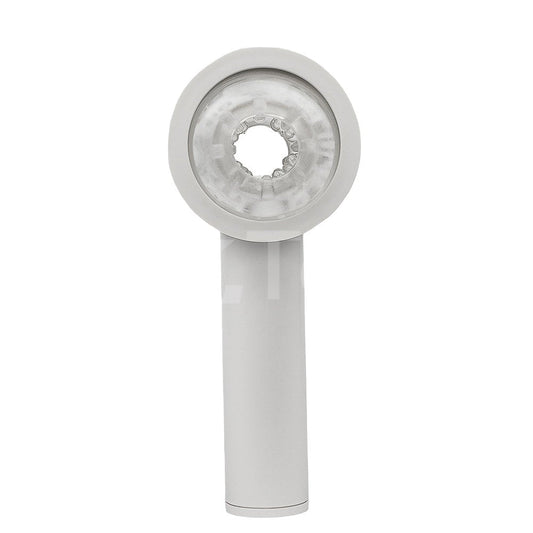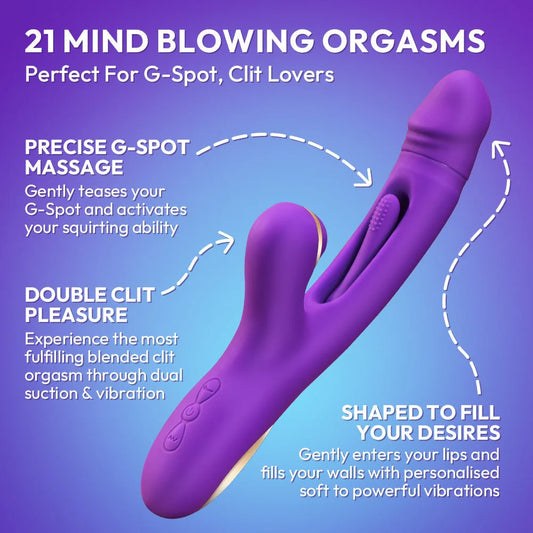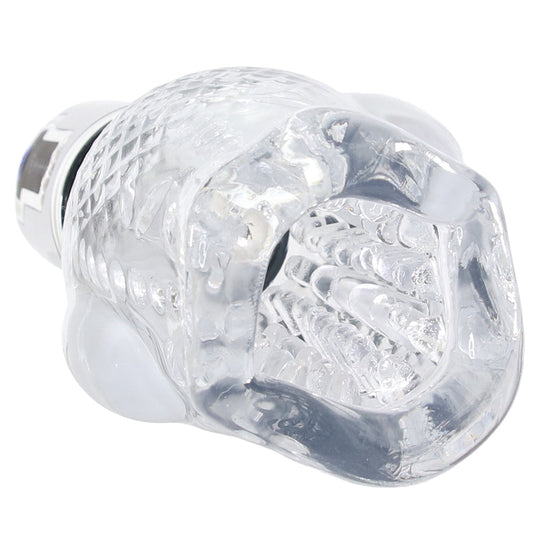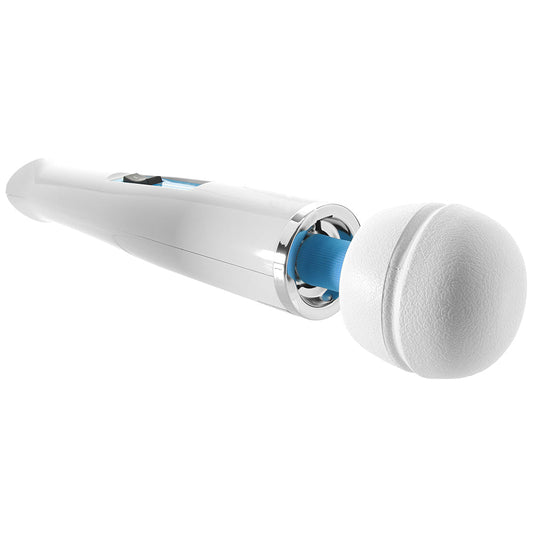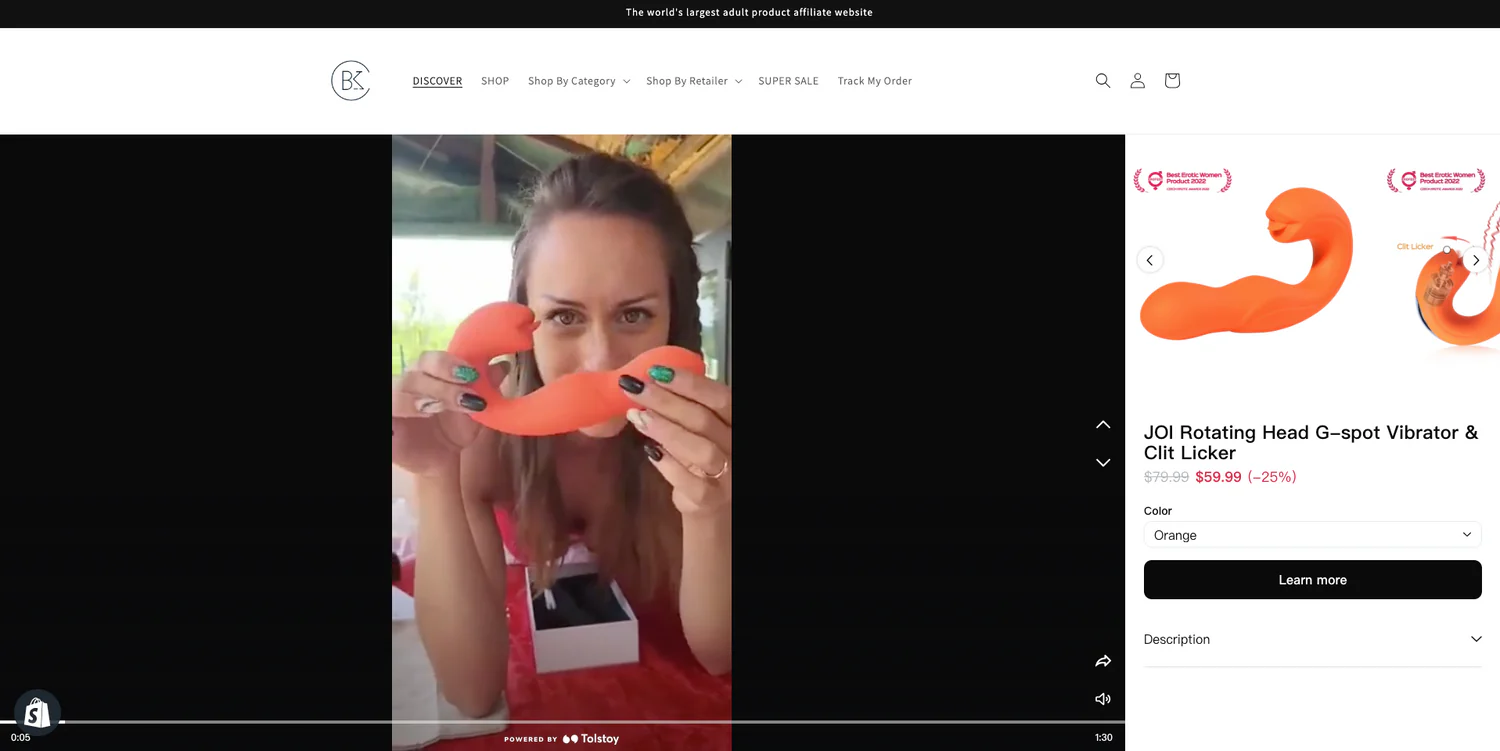I got this great question recently about women and our changing bodies with age. Many of us saw our moms go through “the change” and now it’s our turn. It’s normal to wonder whether we will experience it in the same way.
Q: When I was growing up, I watched my mom go through menopause. It was pretty stereotypical, like you’d see in a TV sitcom. Lots of waving of paper fans at the face and complaining about the heat, and some mood swings. My memory of the time isn’t great, and I’m not at a point in my life where I’m facing menopause myself.
What I’m experiencing is very different from what I saw my mom experience. For one thing, it’s mostly just been extreme bloating so far, which makes sense since I already had stomach issues. That’s just my early symptoms, and my doctor said to expect more. What does menopause look like today? What’s normal and what’s not? And are there more modern treatments for it that they didn’t have back when my mom was going through it?
Below, is some information found in my book, The Sex Bible for People Over 50.
In brief, menopause is the cessation of a woman’s menses (her period), which indicates that she can no longer become pregnant. Basically, her ovaries are no longer producing estrogen and progesterone. A woman is considered in menopause when she hasn’t had a period for one year.
According to the American National Institute of Aging, the average age for menopause is 51. However, symptoms of menopause can be experienced many years earlier and can last months or years after the cessation of periods. A woman is said to be in perimenopause in the period three to five years before menopause when her estrogen levels begin to decrease.
Menopause is a normal part of life, much like puberty. If you’re menopausal, it means that you’ve survived that time in your life where there was barely any time for yourself—or for you and your partner—because you were so focused on your careers or raising a family. It’s true that some of us experience physical changes during menopause, but there’s a big bright side: We finally get to focus on ourselves. We get to take care of our bodies, and we get to reclaim our sexuality.
Not All Women Need Treatment
Symptoms are just symptoms. You can STILL have a great and satisfying sex life if you follow some solid advice. You just may have to do things a little differently. It’s OK to ask about menopause. In fact, the more you know about this transition you are experiencing the better your sex life will be…I guarantee it.
Not all menopausal women seek or even need medical help. The fact is that many women don’t experience symptoms that are severe enough that they require treatment. However, if symptoms are affecting your daily life, you should see your family doctor or your gynecologist.
Some women fear that their doctor will automatically prescribe hormones. My friend and colleague, Dr. Cleve Ziegler, the Director of Gynecology of the Jewish General Hospital in Montreal, has said many times, “We don’t automatically give menopausal women hormone replacement. We only treat those women who are symptomatic and who have difficulty living with those symptoms.” Doctors are not itching to pump you up with hormones, so you should feel safe discussing your options with your physician.
Bottom line: The kind of treatment you should try depends on your symptoms and your medical history.
How Does Menopause Affect Your Sexuality?
The symptoms of menopause can begin well before a woman stops menstruating completely. Good news: Most have no effect on your sexuality! However, you may notice the following, in various degrees:
Changes to the sexual response cycle: There are several phases to our sexual response, some of which may be affected by aging.
-
Arousal and excitement. As women (and men) age, the excitement phase may take longer to reach because less blood is flowing to the genitals Just like blood flow is affected in other areas of our bodies as we age. It just takes longer and more “pumping” of the blood to get it moving through to your genitals.
- Solution: Use a clitoral stimulator to provide more direct contact. Pick a sex toy that provides a strong vibration.
-
Plateau. Because your body may be producing less vaginal lubrication, your plateau phase—the build-up to orgasm—may take longer.
- Solution: Increase foreplay, and during intercourse, apply pressure to the clitoris with a hand or a sex toy at the same time.
-
Orgasm. For many women, orgasms naturally become less frequent and less intense (this could be a result of diminished hormones, of medications you are on to treat common ailments, or another physical problem related to aging). However, your ability to orgasm doesn’t disappear!
- Solution: Let go of orgasm as the goal and enjoy the journey, since no orgasm certainly doesn’t mean no pleasure.
-
Resolution. In this phase, your body recuperates.
- Solution: Bask in the afterglow!
As you can see, with some simple solutions, none of these changes to your sexual response cycle have to make sex less enjoyable.



